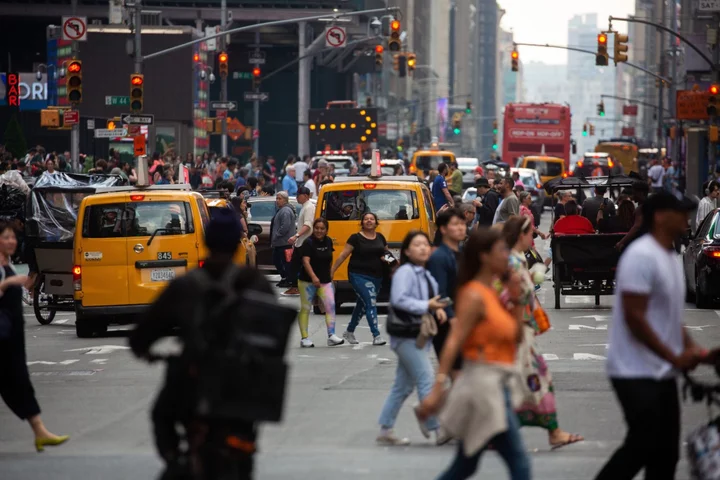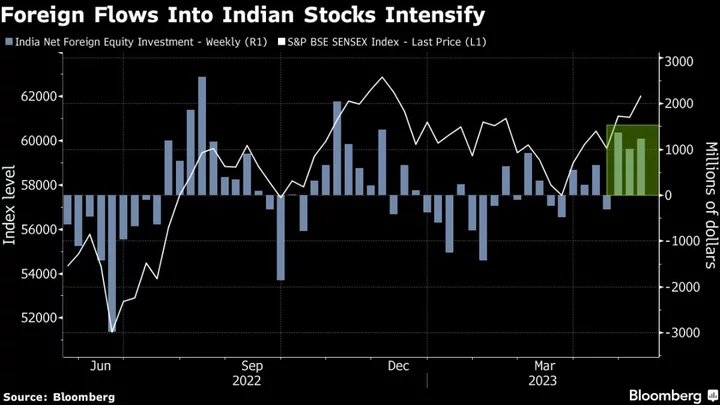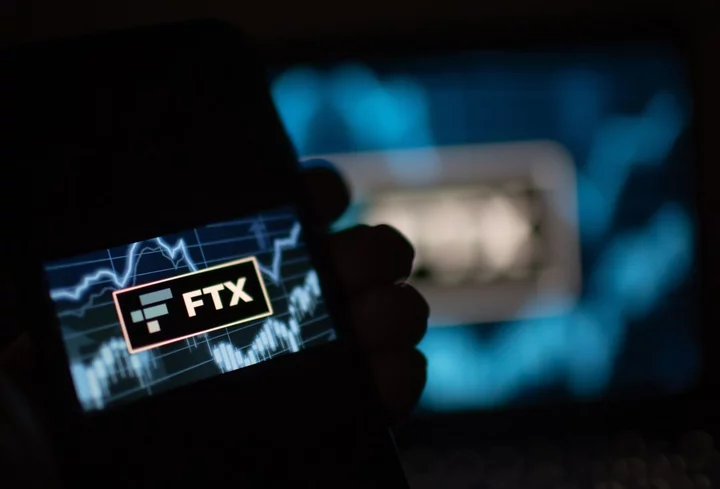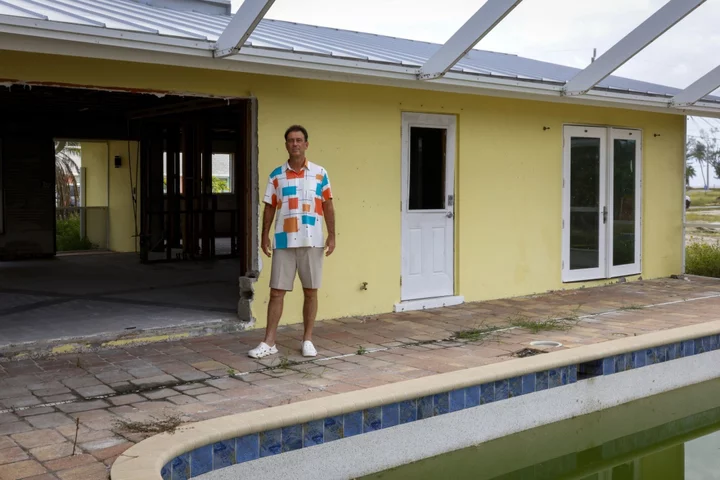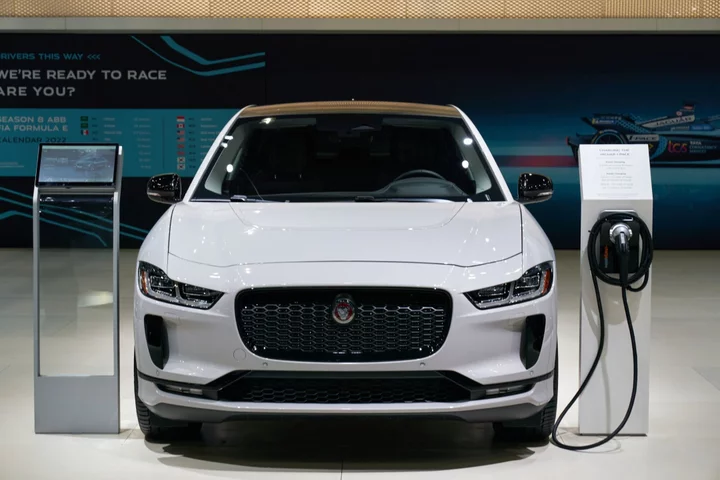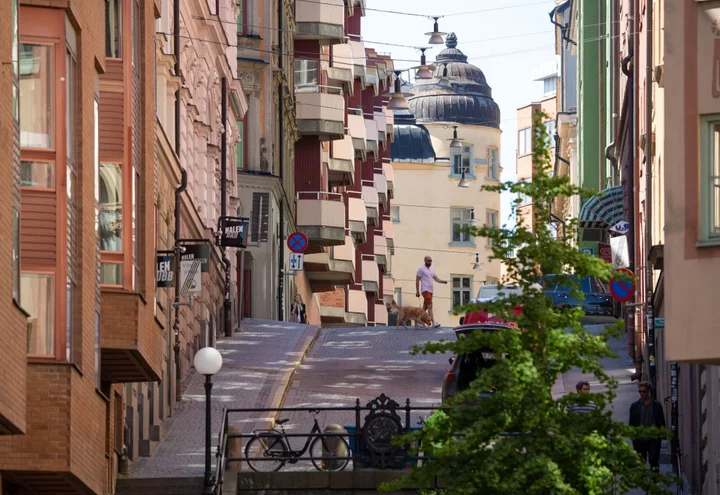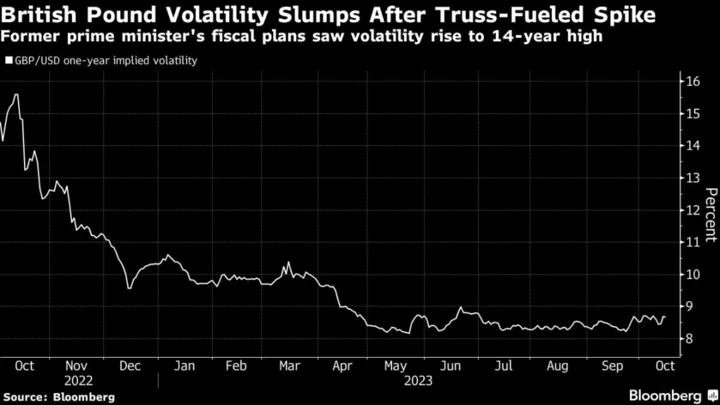A plan to charge motorists driving into midtown Manhattan in New York City was challenged by neighboring New Jersey, which seeks to block the proposal as unfair to commuters.
The challenge came in a federal lawsuit the state filed Friday against the US Department of Transportation and the Federal Highway Administration, or FHWA.
Drivers may have to pay the charge starting as soon as the first quarter of next year, with E-ZPass motorists who enter the city south of 60th Street paying as much as $23. Last month the tolling program got final approval from FHWA, which determined there would be no significant impact, after an environmental review.
The suit claims that FHWA’s determination is a “misguided decision” that violates federal guidelines. It argues that FHWA ignored the fact that the new tolls would change commuting patterns, redirecting traffic that would unfairly burden New Jersey crossings not included in the pricing plan.
‘A Blind Eye’
The National Environmental Policy Act requires US agencies to consider the environmental impact of any major federal project — which includes a city plan that uses federal funds — and conduct an assessment that includes public comment.
“Nothing in this bedrock federal environmental law allows the FHWA to turn a blind eye to the significant environmental impacts that congestion pricing in the Manhattan Central Business District will have on New Jersey, favoring New York at the expense of its neighbors,” the state said in its complaint, filed in federal court in Newark.
Read More: What Congestion Pricing’s Arrival in NYC Will Mean
The new tolls are expected to help raise $15 billion for public transportation projects. New York officials say the charges could also reduce daily traffic in Manhattan’s central business district by 20%. London, Stockholm and Singapore, among others, have used similar fees. The plan’s supporters say it is necessary to ease congestion in the district, reduce pollution and boost transit ridership, which has yet to return to pre-pandemic levels.
But commuters and politicians in New Jersey, as well as drivers who enter Manhattan from the outer boroughs including Brooklyn and Queens, have long opposed the idea.
Unfair Burden
New Jersey Governor Phil Murphy says New Jersey commuters will be unfairly burdened. The state is seeking to block the initial environmental assessment, a shorter process, and force DOT and FHWA to require the MTA to conduct a “full and proper” environmental impact statement, which is more thorough.
The state is also asking the court to declare that the failure to prepare an environmental impact statement for the project or explain why one is necessary violates the National Environmental Policy Act and the Administrative Procedure Act, and to set aside the findings and final environmental assessment until a proper analysis is completed in New Jersey.
Nancy Singer, a spokesperson for the US Department of Transportation, and Tim Minton, a spokesperson for the Metropolitan Transportation Authority, which is implementing the congestion pricing plan, didn’t have an immediate comment on the suit. The Port Authority of New York and New Jersey, and New York Governor Kathy Hochul didn’t immediately respond to requests for comment.
Murphy has said he is open to the idea of congestion pricing but that the goal of the current project is simply to raise revenue for New York’s MTA and its $51.5 billion multi-year capital plan, which will extend the Second Avenue subway to Harlem, modernize signals and finance electric buses.
Risk of Delay
Those infrastructure projects could be delayed if Murphy’s legal challenge forces the MTA, which is implementing the congestion pricing plan, to postpone it. The MTA expects the tolls to bring in $1 billion annually, with a plan to raise $15 billion by issuing bonds.
About 1.5 million people work in Manhattan’s central business district, and 143,000 of them drive into the area, according to the MTA. That doesn’t include those driving in for reasons other than work.
Opponents of such projects often use such impact assessments to challenge plans in federal court. Groups opposing a 1970s-era plan for Westway — a highway with commercial space and parkland that was proposed for 200 acres of landfill on the Hudson River — defeated the project when an appeals court found that a review had failed to take into account its potential effect on the striped bass population.
In April 2008 Jon Corzine, then New Jersey’s governor, threatened a lawsuit to block then New York Mayor Michael Bloomberg’s proposal to charge motorists entering the busiest parts of Manhattan, saying it would unfairly tax commuters in his state. The New York State Assembly scuttled the plan later that month, deciding not to vote on the proposal. The former mayor is the founder and majority owner of Bloomberg News parent Bloomberg LP.
A six-member Traffic Mobility Review Board will determine the tolling structure of the new plan and any exemptions, including New Jersey commuters who already pay fees on bridges and tunnels to enter Manhattan.
--With assistance from Skylar Woodhouse.
(Adds details and context throughout, starting in second section.)

